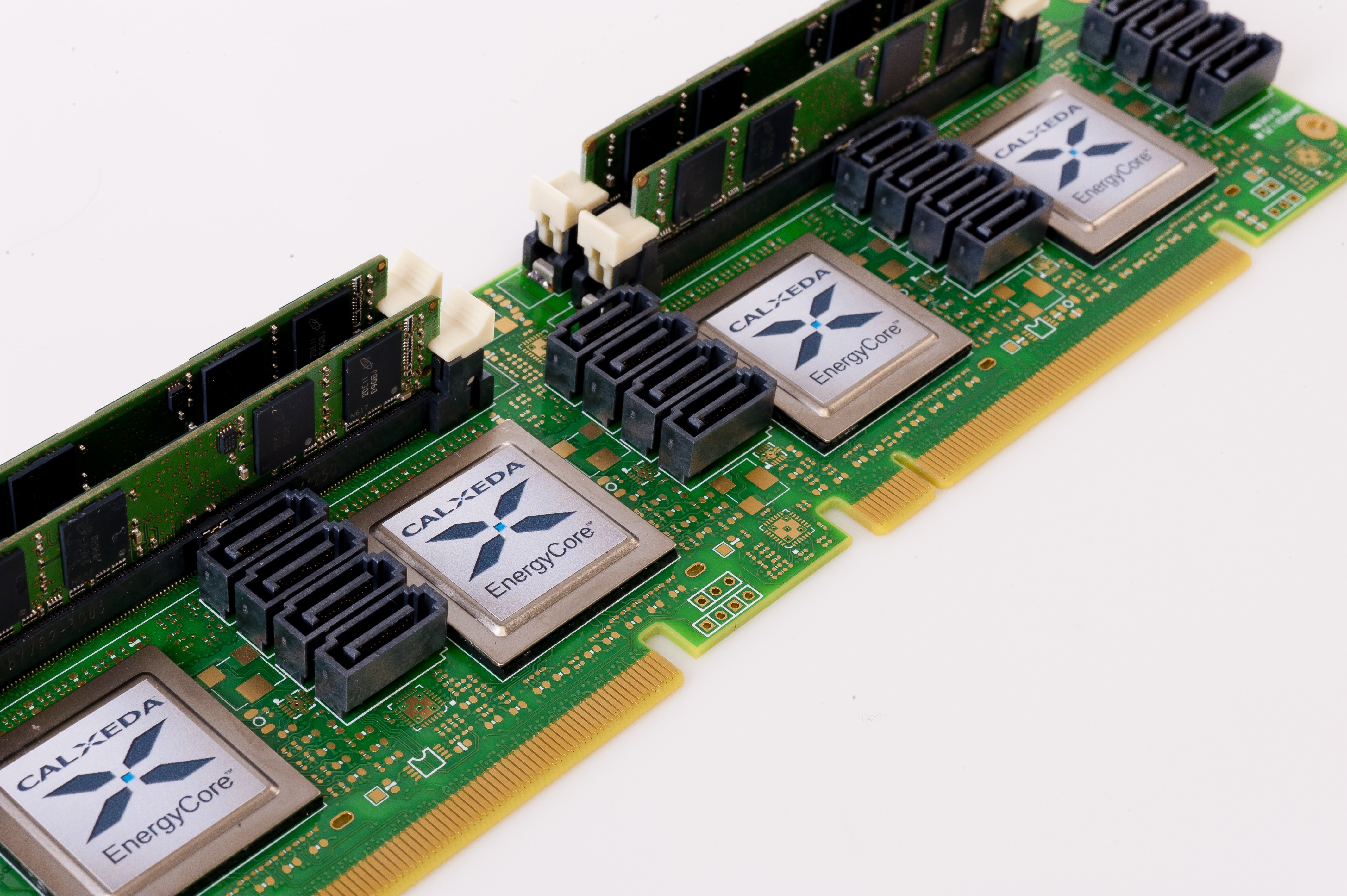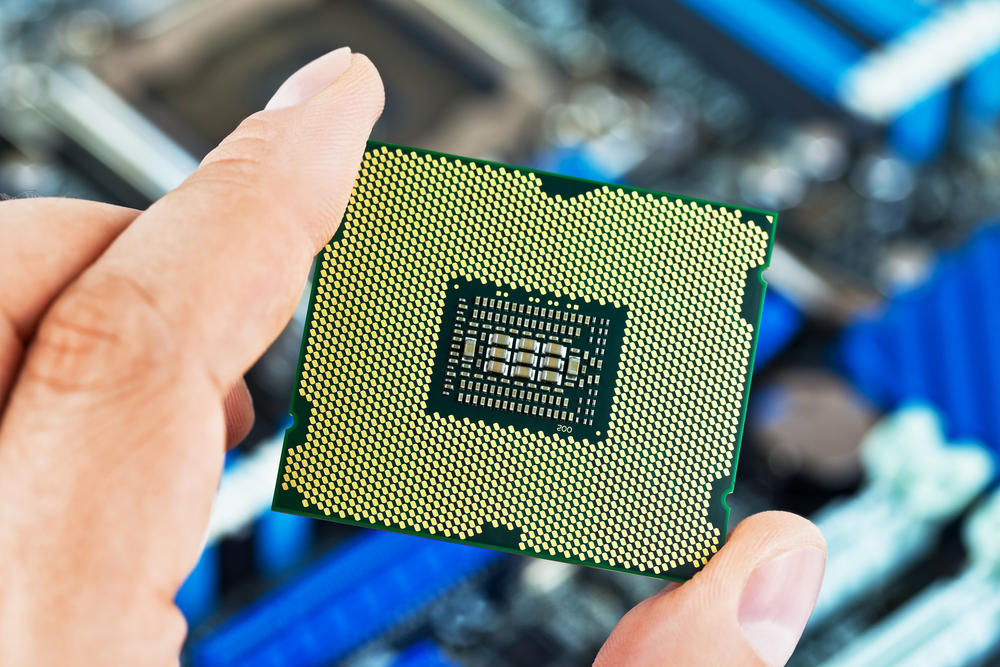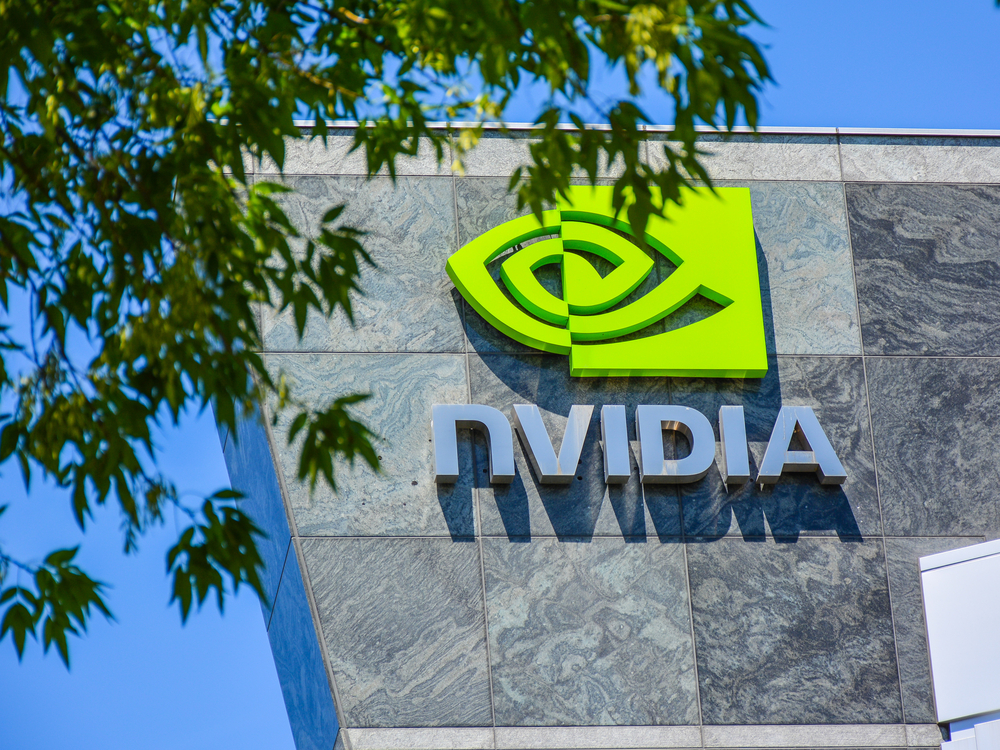ARM server chip crew Calxeda 'shutting down'
Calxeda runs out of money despite apparent industry interest in ARM servers.


Calxeda, one of the driving forces behind the embryonic ARM server movement, has shut down as its coffers have dried up, according to a report.
The chip maker, founded in 2008, had been handed over $90 million in venture capital funding over the last five years, but further attempts to bring in more money have been fruitless, according to sources speaking with AllThingsD.
Many of the 125-strong team are expected to be made redundant, even as their bosses said the firm was going through a "restructuring", rather than confirming Calxeda was done.
"Carrying the load of industry pioneer has exceeded our ability to continue to operate as we had envisioned," read a note from Karl Freund, Calxeda's vice president of marketing, and president Barry Evans.
"We wanted to let you know that Calxeda has begun a restructuring process Calxeda is proud of what we have accomplished, the partners who have collaborated with us, the investors who supported us, and the visionary customers who have encouraged us and inspired us along the way."
Sources have indicated others interested in ARM-based servers, such as Dell and HP, could be lining up patent acquisitions from Calxeda.
ARM, a Calxeda investor as well as partner, said it is hoping Calxeda technology survives, but still believes in the future for servers based on its designs.
Sign up today and you will receive a free copy of our Future Focus 2025 report - the leading guidance on AI, cybersecurity and other IT challenges as per 700+ senior executives
"As an innovator Calxeda successfully demonstrated the benefits of efficient ARM-based servers and we are hopeful their restructuring can preserve the technology that they developed," said Lakshmi Mandyam, director of server systems and ecosystems at ARM, in an emailed statement sent to IT Pro.
"Many other companies are now developing solutions around ARM spanning a range of workloads and goals, so regardless today's news doesn't change our commitment to, or outlook on the server market."
ARM designs, as they are built for low-power, super-efficient machines, are seen as ideal for the hyper-scale market, where thousands of servers are needed on an ad hoc basis. The ARM server industry is yet to take off, however, with Intel x86 designs still dominant.
Tom Brewster is currently an associate editor at Forbes and an award-winning journalist who covers cyber security, surveillance, and privacy. Starting his career at ITPro as a staff writer and working up to a senior staff writer role, Tom has been covering the tech industry for more than ten years and is considered one of the leading journalists in his specialism.
He is a proud alum of the University of Sheffield where he secured an undergraduate degree in English Literature before undertaking a certification from General Assembly in web development.
-
 What the fragmentation of UC means for the channel
What the fragmentation of UC means for the channelIndustry Insights If communications are becoming fragmented, what does that mean for MSPs and VARs?
-
 How SMBs can DIY their IT implementation and support
How SMBs can DIY their IT implementation and supportFeature For some small and medium-sized businesses, the third-party expertise and support might be out of reach. What’s the alternative?
-
 Arm launches cloud-based IoT platform
Arm launches cloud-based IoT platformNews The company is hoping to reduce the time it takes developers to get their products to market and lower the costs involved
-
 Arm launches its first new chip architecture in a decade
Arm launches its first new chip architecture in a decadeNews Arm v9 promises improved security, better AI performance, and double-digit CPU performance increases
-
 Nvidia is officially buying Arm for $40 billion
Nvidia is officially buying Arm for $40 billionNews Arm co-founder slams the deal as an "absolute disaster for Cambridge, the UK and Europe"
-
 IBM and ARM collaborate on IoT Starter Kit
IBM and ARM collaborate on IoT Starter KitNews The tie-up will offer businesses a means to develop prototypes of new smart devices
-
 ARM buys Internet of Things security company Offspark
ARM buys Internet of Things security company OffsparkNews The collaboration will help ARM build its IoT platform, scheduled to launch later this year
-
 ARM unveils mbed OS for Internet of Things
ARM unveils mbed OS for Internet of ThingsNews Free OS could help developers speed up IoT products and devices, it is hoped
-
 ARM launches chip to power Internet of Things devices
ARM launches chip to power Internet of Things devicesNews Cortex-M7 processor comes with double the compute power, aimed at next generation of smart devices
-
 ARM unveils ultra-efficient Cortex-M0+ processor for connected devices
ARM unveils ultra-efficient Cortex-M0+ processor for connected devicesNews Firm looks to create intelligent devices with 32-bit chip
